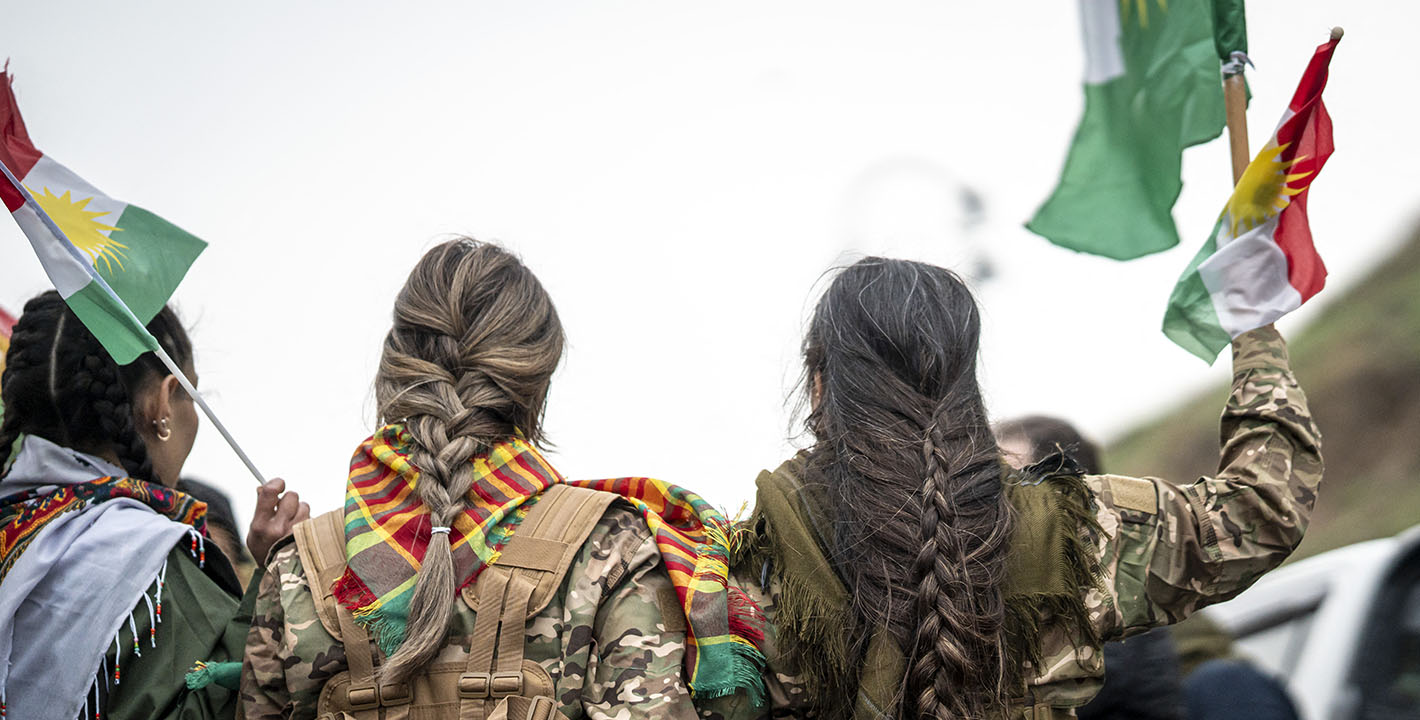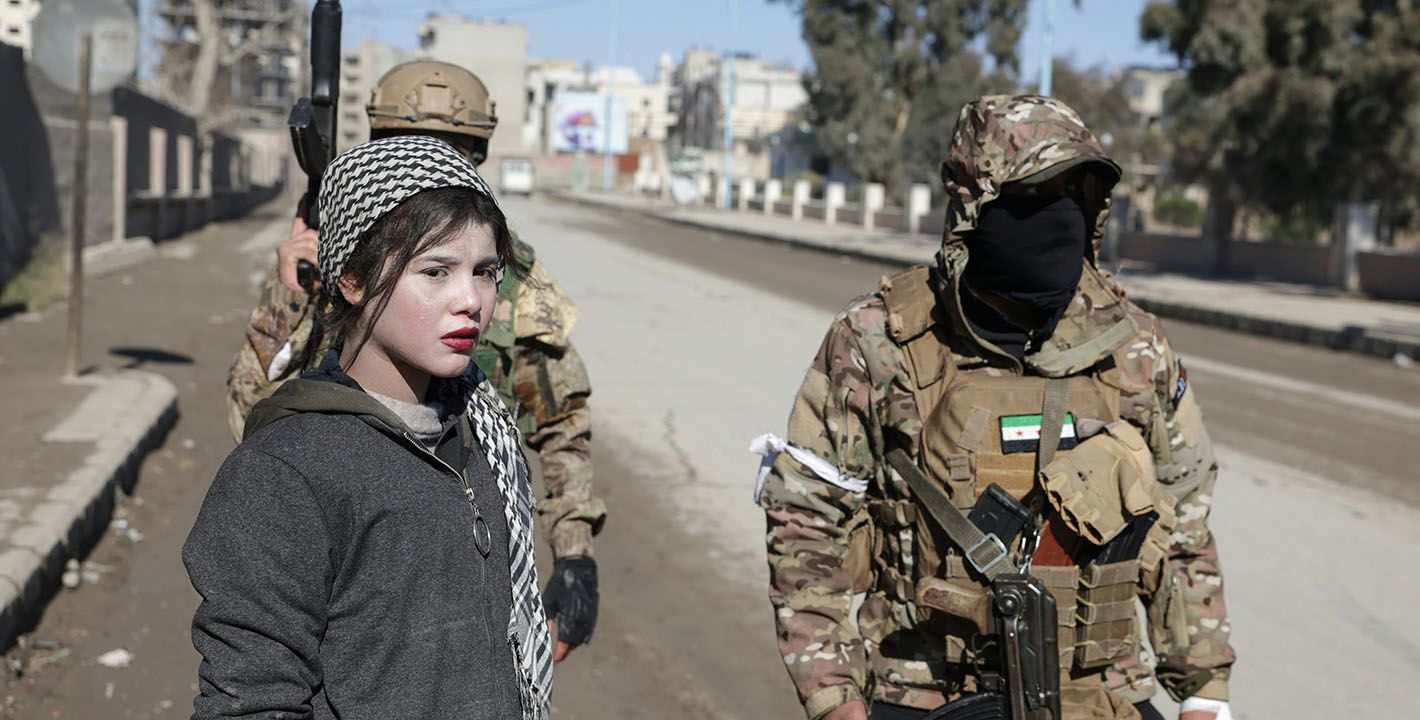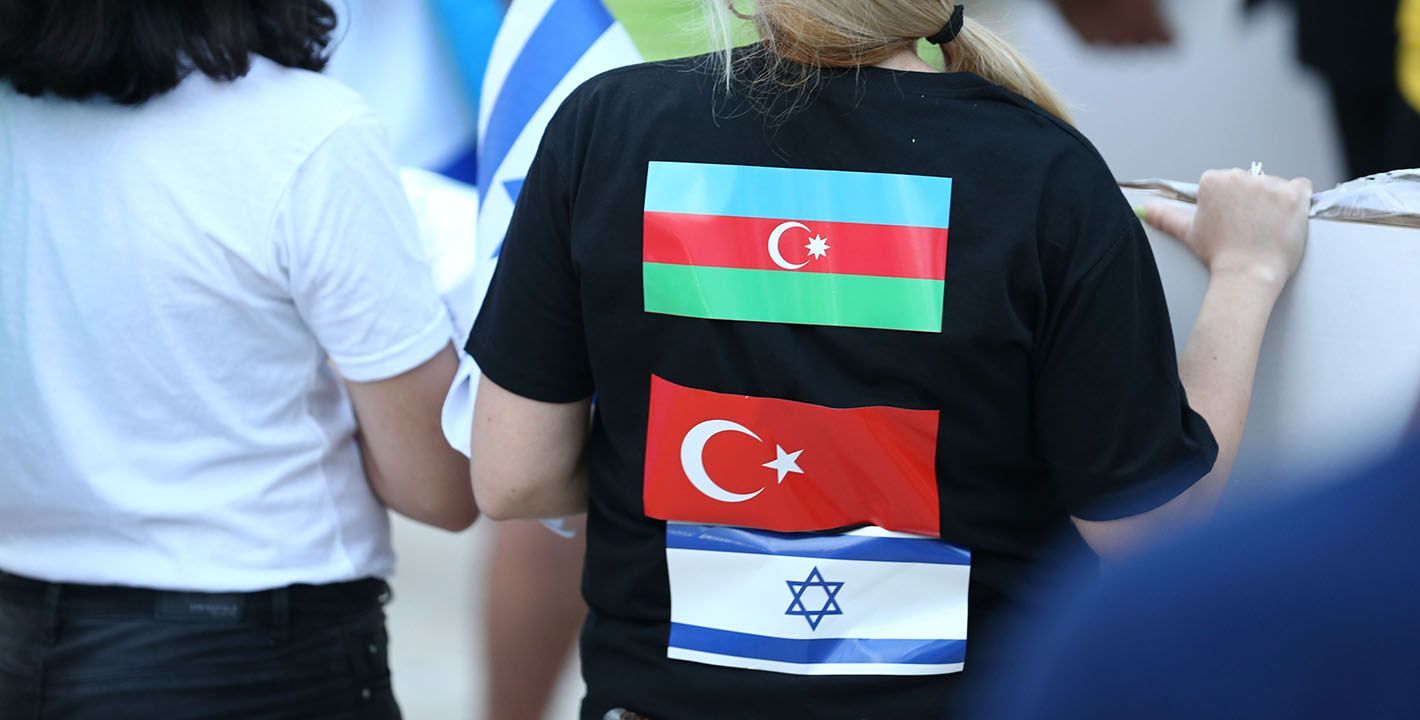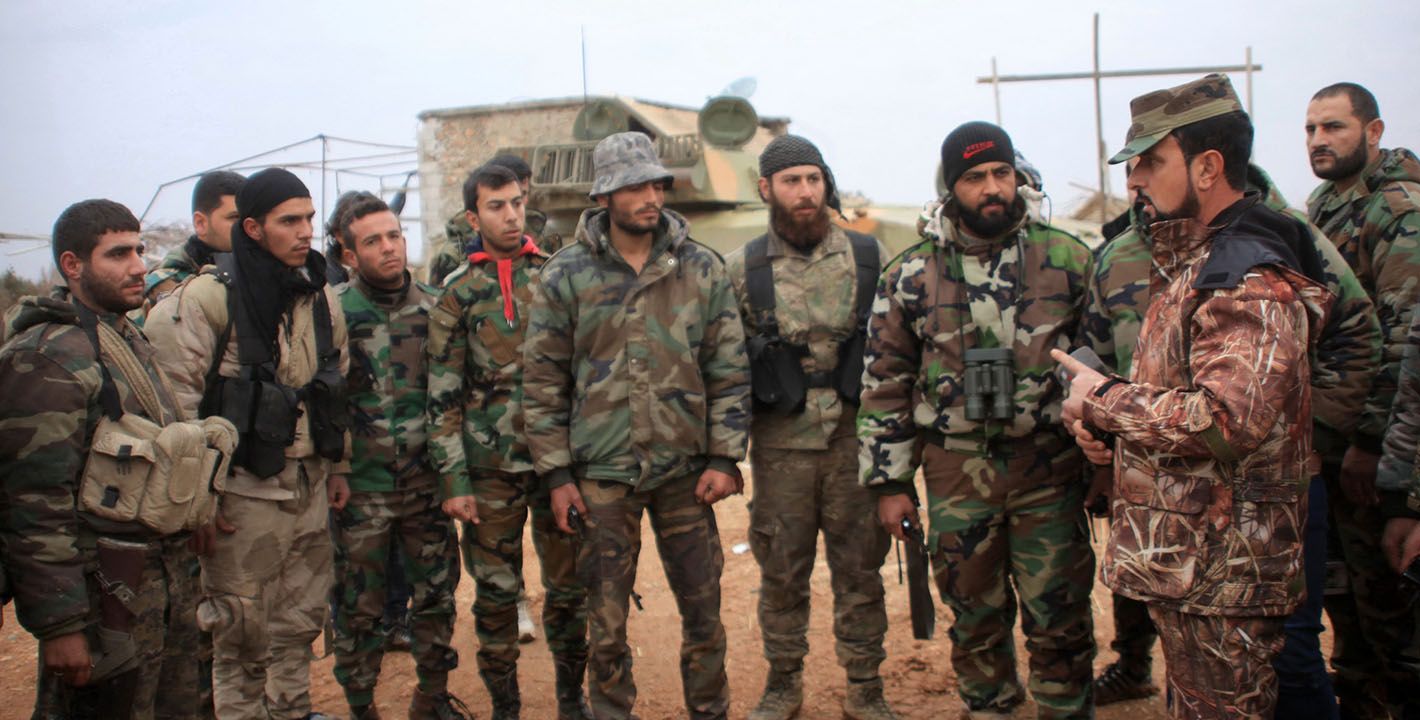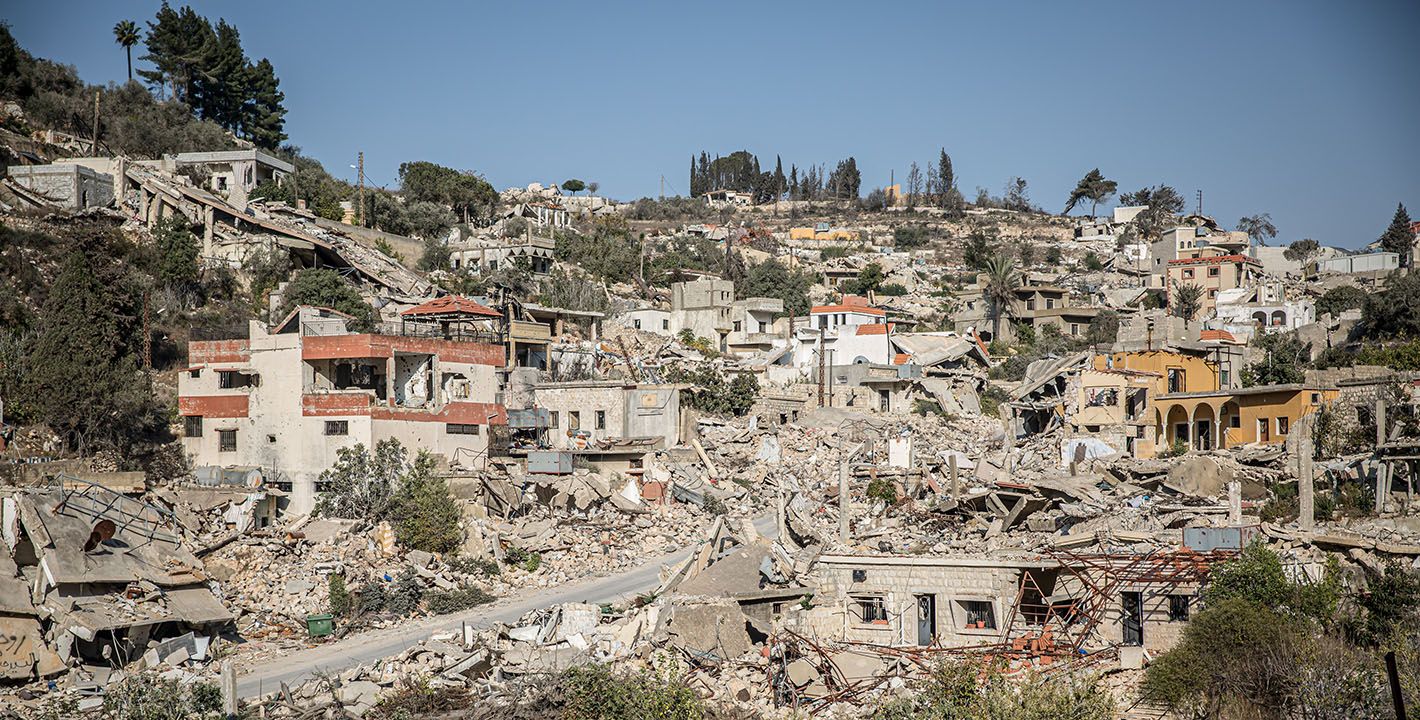Bayram Balci
{
"authors": [
"Bayram Balci"
],
"type": "commentary",
"blog": "Diwan",
"centerAffiliationAll": "",
"centers": [
"Carnegie Endowment for International Peace"
],
"collections": [],
"englishNewsletterAll": "",
"nonEnglishNewsletterAll": "",
"primaryCenter": "Carnegie Endowment for International Peace",
"programAffiliation": "",
"programs": [],
"projects": [],
"regions": [
"Türkiye",
"Syria"
],
"topics": []
}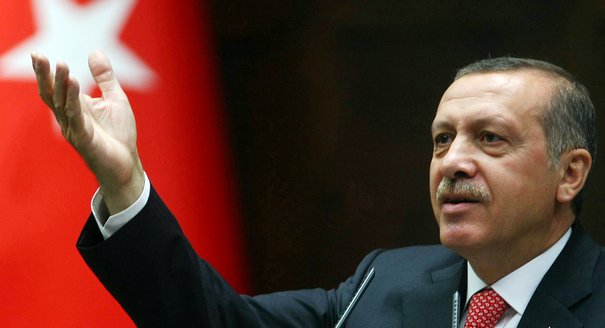
Source: Getty
Turkey’s Flirtation with Syrian Jihadism
The question of the extent and duration of Turkish support for jihadist factions opposing the Syrian regime has been a sensitive issue for some time.
The question of the extent and duration of Turkish support for jihadist factions opposing the Syrian regime has been a sensitive issue for some time. A key player in US and Western efforts to build up the non-Jihadist opposition to Assad, growing evidence of Turkish involvement with extremists has raised serious questions about Ankara’s priorities and Turkish prime minister Erdogan's ability to make rational decisions when it comes to the Syria quagmire along his country's southern border.
For their part, Turkish authorities officially deny that they have provided any support to jihadists in Syria. While Erdogan and Turkey’s ruling AKP party are Islamists, Erdogan’s own public interpretation of Islam is incompatible with the radical doctrines of the jihadis. Even so, many sources allege that Turkey has supported both Jabhat al-Nusra and the Islamic State of Iraq and al-Sham (ISIS) in northern Syria. According to several Turkish journalists reporting from the border—like Amberin Zaman, who I recently met in Washington DC—Turkey has encouraged these Islamists in several ways.
Most importantly, the Turkish army has turned a blind eye to the stream of foreign jihadis crossing into Syria. Ankara is also suspected of having delivered weapons to some of these Islamists and facilitated the treatment of wounded jihadis in Turkish hospitals near the border. PYD sources claim that the links between Turkey and the jihadis go far beyond such limited cooperation. But it is hard to believe the PYD leader Saleh Muslim Mohammed, when he says that Turkey even sent tanks to support the jihadis in their battles against the PYD. Both the PYD and the Assad government have made far-reaching claims about Turkish collaboration with al-Qaeda, but these claims lack credibility, given their obvious interest in embarrassing Erdogan.
Nonetheless, the prime minister’s flirtations with jihadi factions, however limited, are not detached from Turkish state interests. By backing the jihadi factions, which are considered to be among the most effective opposition fighters, Erdogan probably sought to accelerate the end of the Syrian dictator and break the stalemate in Syria in the absence of effective action by the US and other Western allies.
It has also been a method of putting pressure on the PYD, which has been fighting these same groups in places like Ras al-Ein, Afrin or, more recently, the Tel Kocer/Yaaroubia border crossing with Iraq. The emergence of a de facto Kurdish autonomy in northern Syria has already forced Ankara to take this factor into account in its ongoing dialogue with the PKK leadership, but this is a two-way street: by pushing back against the PKK’s proxy in Syria, Erdogan has sought to acquire more leverage in these negotiations.
A Turning Point?
However, this policy has produced nothing positive for Turkey, or for its prime minister, except isolating him further. Under mounting international and internal criticism, Erdogan may have finally decided to adjust his Syrian policy. As a consequence, for the first time since the uprising started in Syria, Turkey shelled Islamist positions in northern Syria on October 17, 2013. This was effectively Erdogan’s apology to Barack Obama, a renewal of allegiance to Turkey’s Western allies and a symbolic recognition that he had finally realized that he was playing with fire.
Indeed, analysts in Turkey have long warned the government that the situation in Syria will grow into a threat to Turkey’s national security. Surely no one in Turkey wants to see a Taliban-like phenomenon at the country’s southern border, or transform Turkey into the Pakistan of the Middle East.
But does this mark a definitive turning point in Turkish-Syrian policy? That is much less certain. Turkey remains bogged down in the Syrian swamp, with little hope on the horizon. The jihadist phenomenon is likely to continue to grow. This will further undermine Syria’s moderate opposition and may in the long run serve to re-legitimize Bashar al-Assad’s government in the eyes of some Syrians and foreign states. The preoccupation of the USA and Russia with Syria’s chemical weapons, after the August 21 attack in Damascus, has also helped to buy time for Assad regime. Moreover, since the Gezi Park protest that broke out in Istanbul on May 28 and the Egyptian coup on July 3, Erdogan feels vulnerable.
Election season is coming and, with no end to the war in sight and no way out for Turkey from its dead end in Syria, Erdogan may yet again feel the temptation to continue the dangerous dance with the jihadist devil.
About the Author
Former Nonresident Scholar, Russia and Eurasia Program
Balci was a nonresident scholar in Carnegie’s Russia and Eurasia Program, where his research focuses on Turkey and Turkish foreign policy in Central Asia and the Caucasus.
- Ukrainian Crisis and Its Limited Impact on Turkish-Russian RelationsCommentary
- The Ukraine Crisis’s Central Asian EchoesCommentary
Bayram Balci, Daniyar Kosnazarov
Recent Work
More Work from Diwan
- Kurdish Nationalism Rears its Head in SyriaCommentary
A recent offensive by Damascus and the Kurds’ abandonment by Arab allies have left a sense of betrayal.
Wladimir van Wilgenburg
- All Eyes on Southern SyriaCommentary
The government’s gains in the northwest will have an echo nationally, but will they alter Israeli calculations?
Armenak Tokmajyan
- Iran’s Woes Aren’t Only DomesticCommentary
The country’s leadership is increasingly uneasy about multiple challenges from the Levant to the South Caucasus.
Armenak Tokmajyan
- Is Lebanon Hosting Officers of the Former Assad Regime?Commentary
Recent leaks made public by Al-Jazeera suggest that this is the case, but the story may be more complicated.
Mohamad Fawaz
- Pax Israelica and Its DiscontentsCommentary
The U.S. is trying to force Lebanon and Syria to normalize with Israel, but neither country sees an advantage in this.
Michael Young

